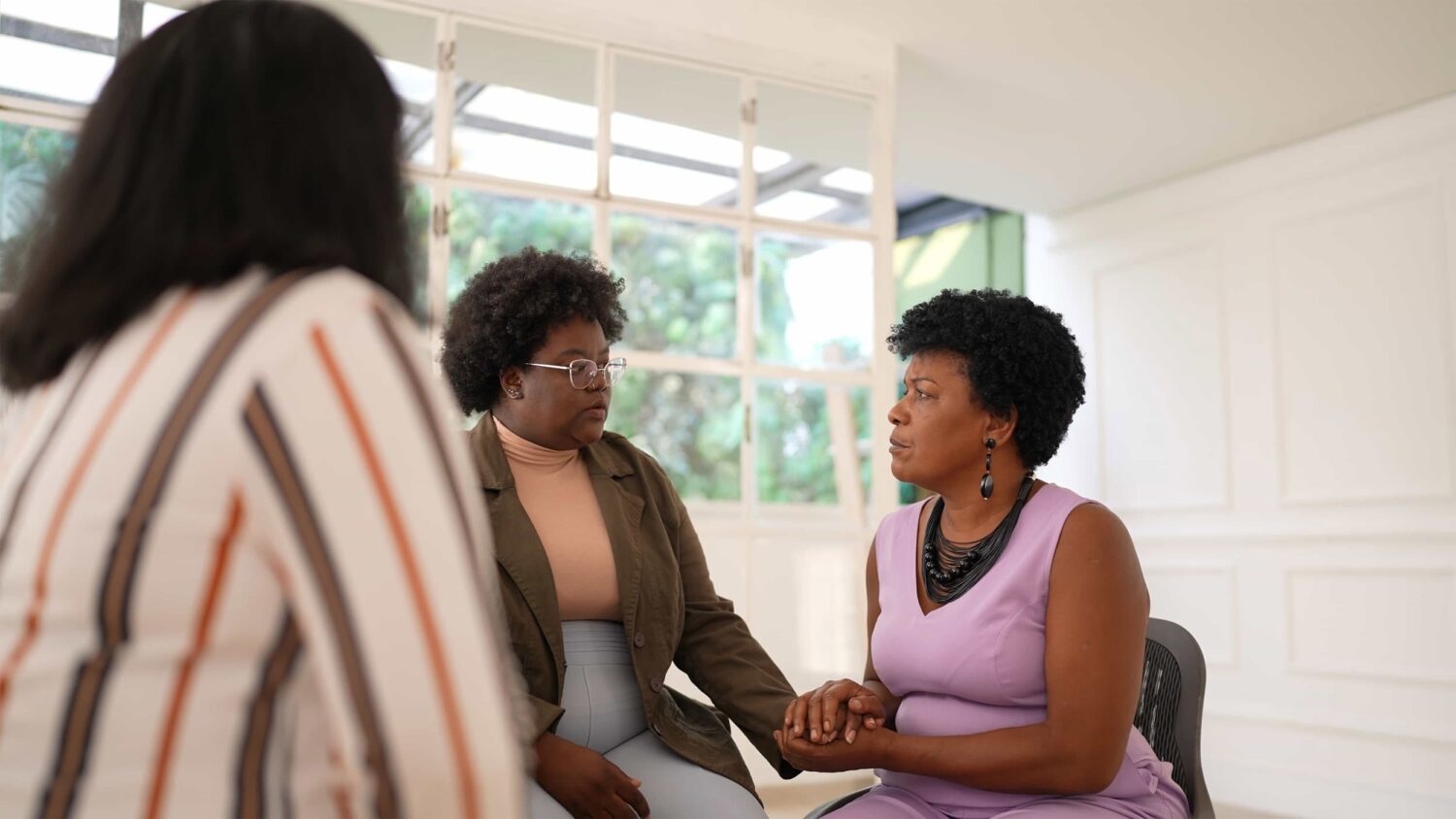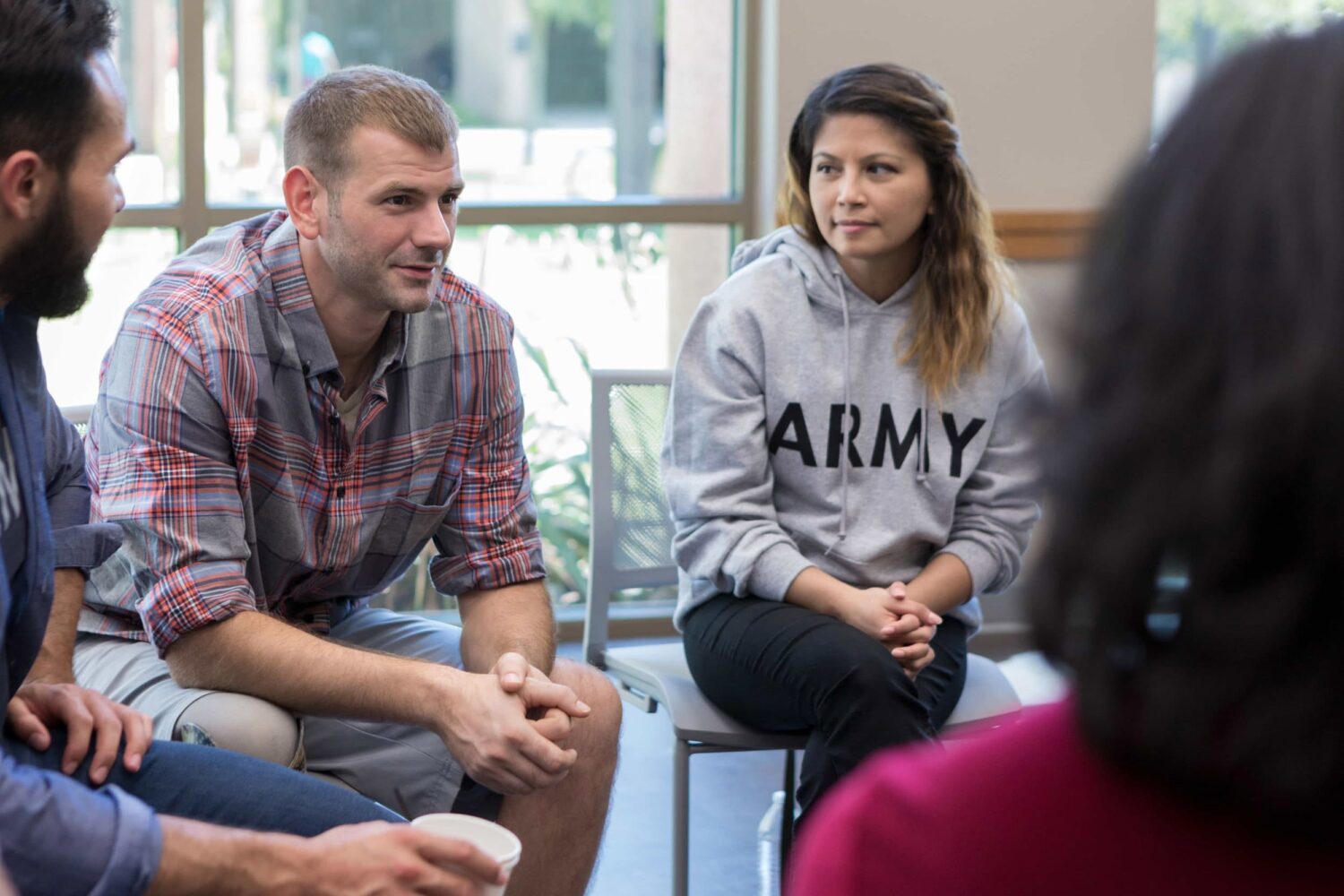Maintaining progress in recovery requires a consistent commitment to personal growth and self-care. The habits you develop during group therapy can help you sustain your success in everyday life. It’s important to stay proactive and engaged in your recovery journey.
Here’s what you can do:
- Stay in touch with your support network through regular check-ins or meetings. Whether it's with group members, a sponsor, or close friends, having someone to talk to can reinforce your progress.
- Engage in activities that reinforce the coping skills learned in group therapy. Meditation, journaling, and mindfulness can help you navigate stress and stay centered.
- Continue individual therapy sessions for personalized guidance and deeper healing. One-on-one sessions can address personal challenges and complement the group therapy experience.
- Establish healthy daily habits such as exercise, nutritious eating, and maintaining a structured schedule. These habits promote mental and emotional well-being, helping you sustain your recovery.







